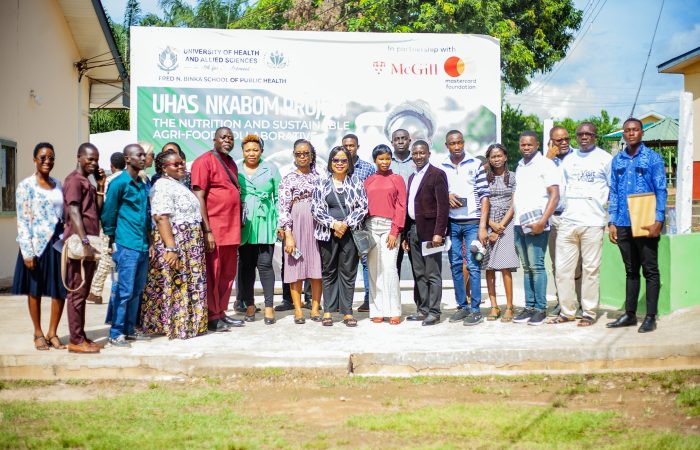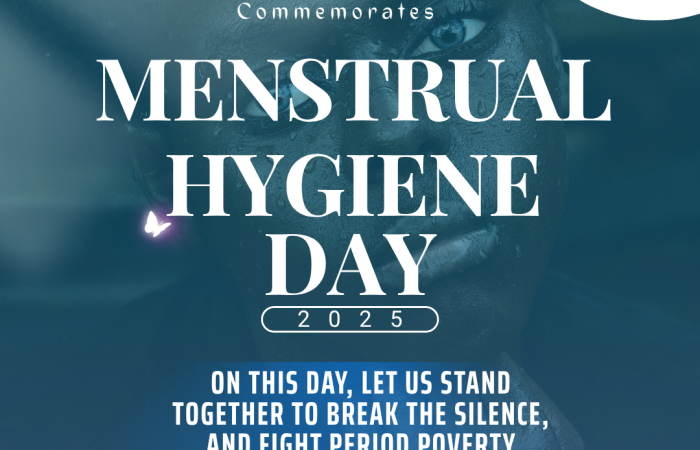At a high level event on the sidelines of the UN General Assembly, UN Women, the UN Development Programme, UNHCR, and the Global Campaign for Equal Nationality Rights called for reform of nationality laws that discriminate on the basis of gender. Twenty-five countries retain nationality laws that deny women the right to confer citizenship on their children on an equal basis with men. More than fifty countries have nationality laws with gender-discriminatory provisions, with most denying women the same right as men to pass nationality to a non-citizen spouse.
Gender discrimination in nationality laws undermines women’s equal citizenship and results in wide-ranging rights violations and hardships for affected families, including obstacles to accessing education, healthcare, employment, family unity, freedom of movement, inheritance and property rights. Gender discrimination in nationality laws is also a primary cause of statelessness, which affects millions of people globally, and is also linked with gender-based violence. In the wake of the COVID-19 pandemic, gender discrimination in nationality laws is exacerbating the vulnerability of affected families.
As the UN marks its 75th anniversary and the 25th anniversary of the Beijing Declaration and Platform for Action – a groundbreaking agreement by all members of the UN to eliminate discrimination against women – panelists at today’s high level event underscored that gender-equal nationality laws are essential to achieving gender equality, sustainable development, and security.
UN Women Deputy Executive Director Anita Bhatia, speaking on behalf of the UN agencies co-sponsoring the event, including the UN Development Programme and UNHCR, emphasized, “Eliminating gender discrimination in nationality laws is a peace and security imperative, as well as a human rights and development issue. Putting an end to gender discrimination in nationality laws would have profound impacts on hundreds of thousands of lives through, for example, improved access to education, health care, identity documents, employment and inheritance, as well as the reduction of statelessness, conflict, and forced displacement globally.”
Read more at https://www.unwomen.org/en/news/stories/2020/9/news-callling-to-reform-discriminatory-nationality-laws
Source: UN WOMEN


